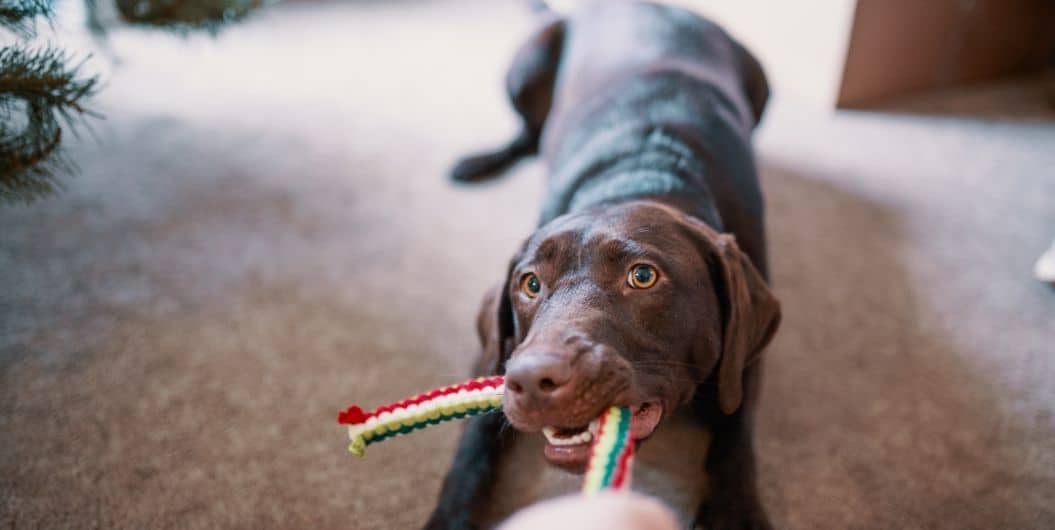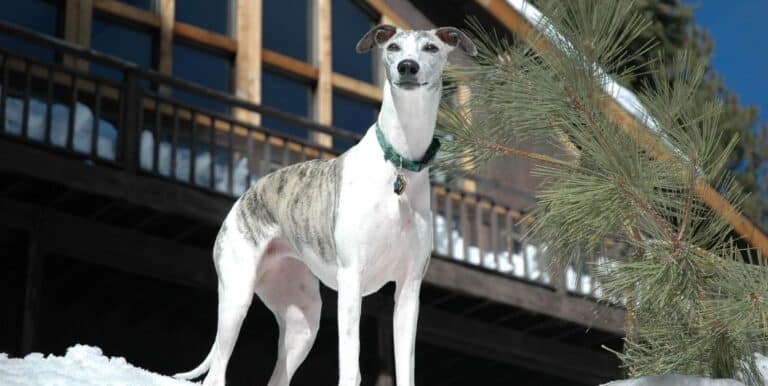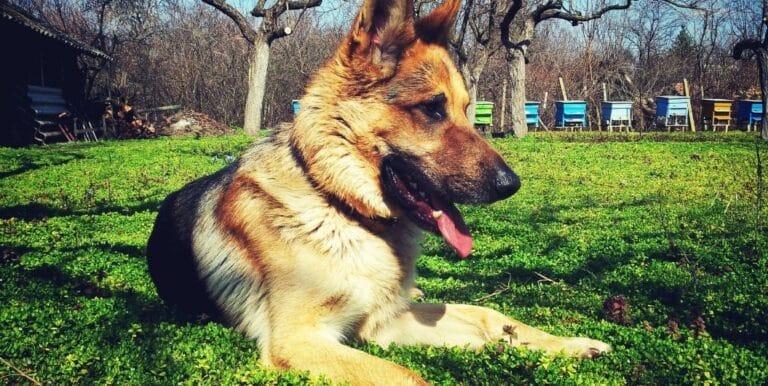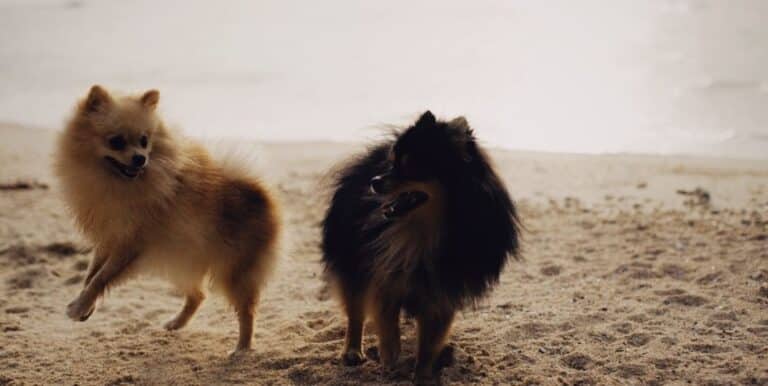What Are the Best Dog Breeds for a Family Pet?

Being man’s best friend, a dog definitely makes an excellent family pet, but some breeds are more suitable than others. The single most important quality is the ability to get along with children. A family dog should be easy going and tolerant, but also playful and a good companion. Some people may also want an animal that will discourage would-be intruders — in this case, protectiveness and an imposing appearance might be considered important characteristics. While, with the right training, any specific breed, or mixed breed dogs, can make a wonderful companion. We checked with the folks at Pettable for some insights on among the best breeds for a family pet:
Labrador Retriever
This active, playful and exuberant dog makes a marvelous pet for many families. Its genetic makeup gives it a natural instinct to recover anything thrown, be it a Frisbee®, stick or ball. A family with children who enjoy a lot of physical activities, such as playing catch, running, and swimming, may love having a Labrador. A big dog with an even bigger heart, this intelligent creature is typically good-natured, gentle and trustworthy with children.
Golden Retriever
The Golden Retriever is another favorite choice. Usually quite friendly and easy to train, its devotion to its owners often makes it a great guard dog. This may be a perfect pet for families who can give it plenty of time, space and attention. A demonstrative pet, a Golden Retriever may show its love by being eager to please and obeying its owners’ commands. This dog is also an excellent swimmer and often will not hesitate to rescue a drowning child.

German Shepherd
Highly intelligent and extremely faithful, the German Shepherd is often considered to be an outstanding animal. Its noble appearance only accentuates its typically keen curiosity and brilliant ability to solve problems. This is one dog that usually needs plenty of stimulation, both mentally and physically. Its natural desire to herd and constantly stay close to its “pack” — owners — can lead to separation anxiety problems, but its patience and love for children often more than make up for this.
Beagle
Many people find this twinkle-eyed, merry little dog to be a pleasure to own. Inquisitive and stubborn, it is often a tenacious tracker and hunter, so it needs to be leashed when taken on a walk. The beagle is typically a submissive canine, yielding easily to the command and domination of its owners, making it manageable even for young children. Since this dog requires a large dose of adoration, especially from children, it is a family pet recommended by many.
Poodle
Whether it is the toy, miniature, or standard-sized poodle, this dog is considered one of the smartest and most sensitive of all dog breeds, which often makes it a wonderful family pet. A family with young children would likely find the standard-sized poodle most suitable, as it tends to have a more even temperament and often responds well to obedience training, compared to its smaller counterparts.
Boston Terrier
This 12- to 14-inch (30.5 to 35.6 cm) animal is typically a loving, intelligent and playful bundle of joy to have around the house. Pet owners, including children, can often easily handle this mild-tempered animal. A mix between an English Terrier and an American Bulldog, this canine usually gets along beautifully with people from all walks of life — adults, children, old folks, as well as other dogs and domestic pets. A number of other terrier breeds, for example the Staffordshire Bull Terrier, also make good family pets.
Boxer
As a family pet, this highly energetic canine companion may be able to keep the children occupied all day long. Unlike other dogs, the Boxer often remains high-spirited despite growing older and more mature. Being protective comes naturally to this animal, so parents may be able to rely on it to be an excellent family watchdog. Its typical automatic bond with children and never ending enthusiasm are endearing qualities for a pet.
Collie
These herding dogs, often seen in sheepdog trials, are usually easy going and loyal. They tend to have high intelligence, love to play and are protective toward children. As they are descended from working dogs, most like to be kept busy, so they need plenty of exercise and games, but they often make excellent pets for a family willing to spend lots of time with them.
Keeshond
This Dutch breed, although originally used as watchdogs, can also make an excellent family pet. They are typically playful, learn quickly, can easily be taught tricks, and enjoy playing games with children. Due to their heritage, they also tend to make good watchdogs — they will quickly announce the presence of strangers by barking, but they are usually not aggressive and they are unlikely to attack the postman.
Pug
The Pug is a small, or “toy,” breed that is very suitable for families living in apartments or flats. They have a somewhat comical appearance, which suits their playful temperaments. Pugs are often described as big dogs in a small package, as they often have very outgoing personalities, get along extremely well with people, and make great companions for children. They seem to prefer people to dogs, in most cases, but will generally be happy with other pets.

Other Large Dogs
For people with the facilities for a very large breed, a Newfoundland or Bernese Mountain Dog are both good choices. They are usually strong, protective toward their families, and big enough to deter intruders. Although enormous, they are often very gentle, easy going, and happy to play with children. Newfoundlands are very good swimmers.
Things to Consider
All the breeds above often make good family pets. Nevertheless, poor breeding, lack of proper obedience training, and cruel treatment are still factors that can affect and change a dog’s character. To have a well-trained, good-tempered animal, parents must check carefully into the background of both the breeder and the dog before taking it home.
Other things to consider are the size of the animal and its need for exercise. Prospective dog owners should consider the degree of commitment they are prepared to make. For families living in an apartment or flat, one of the smaller breeds would probably be more appropriate. It should also be kept in mind that larger breeds will eat more, and therefore represent a bigger financial commitment.






